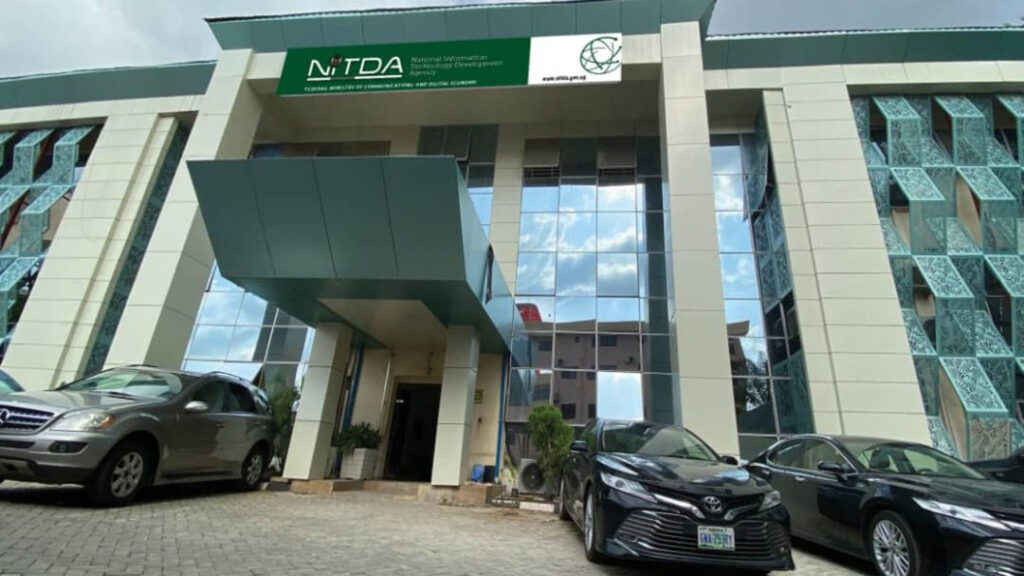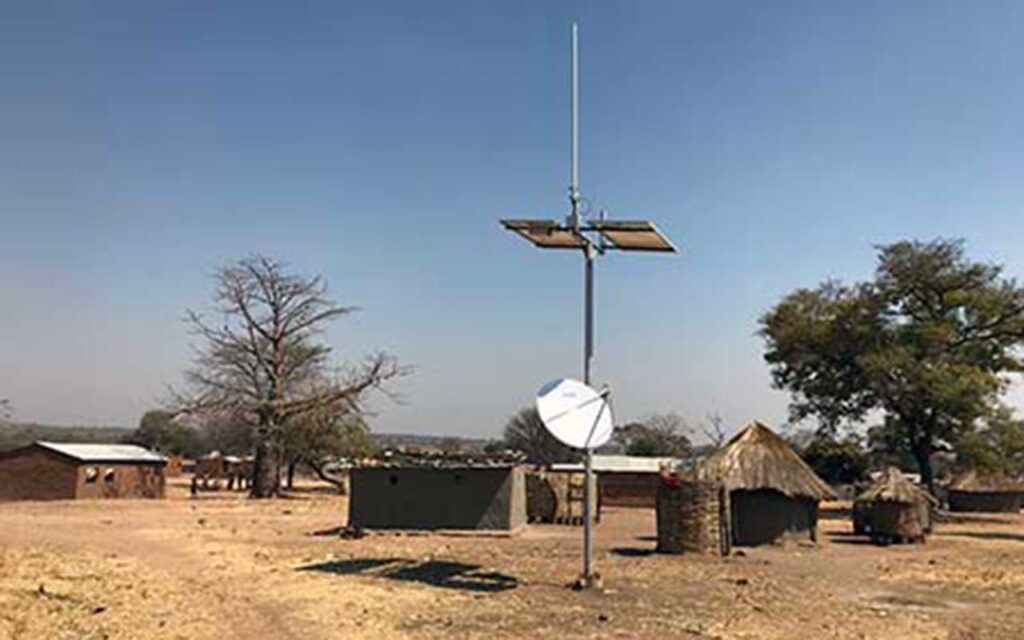
•Experts want agency to focus on developmental agenda
With calls on the National Information and Technology Development Agency (NITDA) to focus more on developmental issues, stakeholders in the sector have said that passing the pending NITDA Bill into law is a recipe that would engender regulatory and compliance hurdles for businesses in the digital economy.
Information and Communications Technology (ICT) stakeholders, at a gathering in Lagos, organised by the Policy Implementation Assisted Forum (PIAFO), to discuss the pending 2021 NITDA Bill, said passing it into law, could worsen the issue of multiple regulations and multiple taxation in the industry.
As such, the stakeholders called for the withdrawal of the NITDA Bill, which is currently before the National Assembly. According to them, having NITDA as another regulator, especially in the telecoms sector would send wrong signal to investors as it means they would have to be subjected to multiple regulations and fees if they invest in the industry.
According to the Executive Assistant at Paradigm Initiative Nigeria (PIN), Peculiar Showale, the NITDA Bill requires companies operating in the digital economy space to register with the agency and obtain a permit before they can operate in the country.
Showale said this requirement could create additional regulatory hurdles for startups or smaller businesses that may not have the resources to comply with the new regulation.
Showale said that this could potentially be discouraging to new entrants, leading to a slowdown in the industry’s growth. Like Showale, representatives of the Association of Telecommunications Companies of Nigeria (ATCON) and Association of Licensed Telecoms Operators of Nigeria (ALTON), submitted that pending NITDA bill would be a disincentive to investors if passed into law.
Specifically, the Head of Operations at ALTON, Gbolahan Awonuga said NITDA as a developmental agency should rather focus on its mandate of driving ICT development in the country rather than trying to regulate the same space that is already being regulated.
“NITDA wants to type approve when we already have the Nigerian Communications Commission (NCC) doing that. NITDA wants to be collecting annual operational revenue, while we are already paying an Annual Operating Levy to the NCC. This is not going to augur well for the industry if the bill is passed. NITDA should focus on its developmental roles,” Awonuga said.
To the Executive Secretary of ATCON, Ajibola Olude, “Our major concern is that this bill if passed into law, will negatively impact FDIs coming into the sector. Foreign investors are monitoring with keen interest to see how this bill is handled before they make their decision and this is because they have also studied the bill and observed the anomalies in it with regard to multiple regulations and multiple taxations. This bill is capable of eroding the gains the telecoms industry has recorded over the last 21 years.”
From his perspective, telecoms lawyer and the Chief Executive Officer of ICT Derivatives Ltd, Ayoola Oke, reminded that the old NITDA Bill had a central purpose to facilitate adoption of ICT throughout the nation in private and public sector, and consequently support its infrastructure and connectivity.
Oke however, said the new bill now had a heavy presence of regulatory functions, which raises the question of if NITDA wanted to continue as a developmental or a regulatory agency.
He said the agency’s primary function was to focus on developing business, talents and job creation, noting that there were agencies already carrying out regulatory functions in the ICT industry.
“Adding regulatory functions to its agenda would only lead to duplicating existing laws and policies,” Oke said.
The Chief Executive Officer at Jidaw Systems Ltd and Science, Technology and Innovation (STI) Policy Advisor, Jide Awe, on the other hand said that NITDA Bill expectations were critical to the sustainability of Nigeria’s digital economy drive.
Awe said that NITDA’s aim was to create jobs, increase economic growth, and improve the quality of life for citizens. He said that digital economy had grown, and growth factors require attention.
According to him, that sustainability of Nigeria’s digital economy drive was crucial as it was a key driver of innovation and sustainable development. Awe said, “Developments, regulatory interests, sustainability issues, and challenges must be considered.
“We need to understand that disruption and innovation demand different approaches,” he said. In his opening remarks, Lead Executive at PIAFO, Omobayo Azeez, said that keen interest had followed issues around the proposed NITDA Bill 2021, which seeks to repeal and re-enact the NITDA Act 2007 that established the agency.
According to Azeez, the bill, which is now pending at the National Assembly, is aimed at creating a regulatory framework for the development of the Nigerian IT sector and digital economy.
He said: “While this on its own may not be a bad thing, there are fears that if the bill is passed the way it is, it may exert negative ripples on the ICT sector.
“There is no doubt that NITDA has been a major contributor to the Nigeria ICT development alongside other agencies of the government under the Federal Ministry of Communications and Digital Economy, and beyond.
“However, the dusts raised around its pending bill could not be ignored in the interest of Nigeria’s growing ICT sector and the country’s fast-pacing digital economy drive,” he said.











